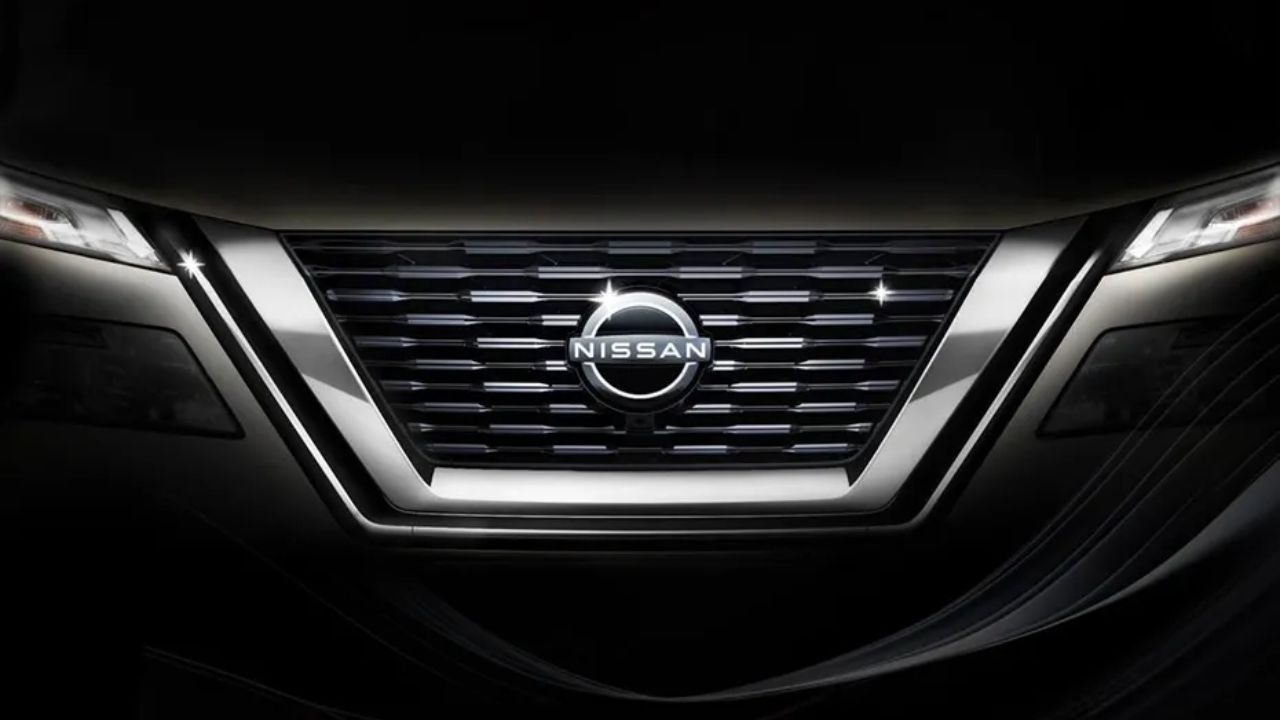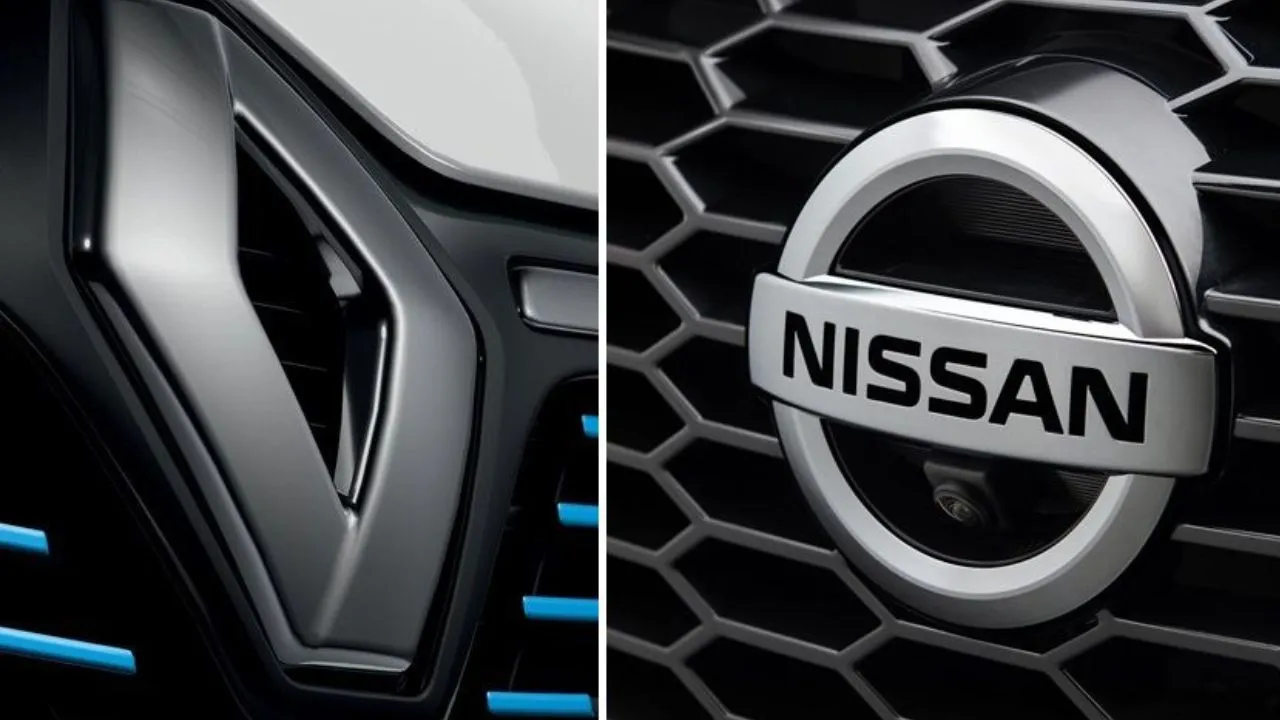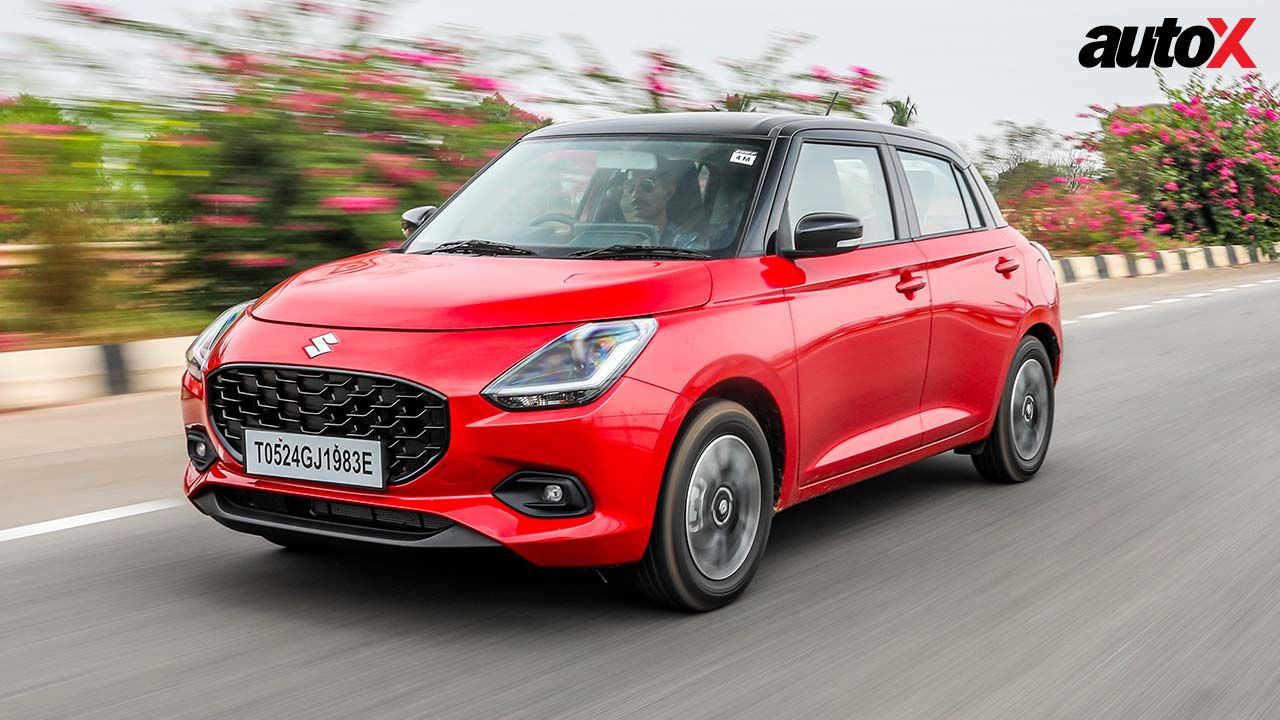Renault, Nissan Announce Rs 5,300 Crore India Investment; to Launch 6 New Cars
The Renault-Nissan alliance has announced the launch of six new models in India. The models announced include four new C-segment SUVs, and two new A-segment electric vehicles. For the new project, the group company will invest Rs 5,300 crore in its Chennai-based facility.

The Renault-Nissan Alliance has revealed its plans to introduce six new models, including two electric vehicles (EVs), in an effort to boost sales in the Indian market. The automaker also announced a fresh investment of Rs 5,300 crores to increase production and R&D efforts, roll out EVs, and switch to carbon-neutral manufacturing (by 2045). In accordance with the new framework agreement, Renault Nissan Automotive India Pvt Ltd (RNAIPL) will switch from having a 70:30 equity split to owning 51% Nissan and 49% Renault. Consequently, the ownership of the Renault Nissan Technology Business Centre (RNTBCI) will change to a 51% Renault and 49% Nissan split. According to the Franco-Japanese alliance, the new models will not only be sold in the Indian market but also in foreign markets, which will increase plant utilisation to 80 per cent and safeguard thousands of jobs at the RNAIPL plant in Chennai for many years to come. This move will strengthen the partnership in the long term.
The Alliance has also confirmed that the three upcoming models will be designed and developed at its Chennai-based facility. The six models would consist of three brand-new cars, each with a sibling product under the other partner brand. Ashwani Gupta, Director and Chief Operating Officer of Nissan and a member of the alliance board, made the announcement and emphasised that while the models from the two brands would overlap within the segment, they would be very different from one another. He did not disclose the names of the upcoming models. However, we know that there will be four new C-segment SUVs in the line-up.
Also Read: Renault Kiger, Triber and More Get Discounts of up to Rs 62,000 in February 2023
Although the models will use the same Alliance platforms, they will have their own unique styling, specific to each brand. The upcoming electric vehicles from Renault and Nissan will be A-segment models aimed at the mass market. Moreover, the CMF-B platform and the electric CMF-A were both recently confirmed by the company to be coming to India. A larger seven-seat version of the new Duster will be built on the CMF-B platform, while the electric Kwid EV will be built on the CMF-A platform. The electric components of the CMF-A platform and the CMF-B platform would both need to be heavily localised because they would compete with well-known and similarly localised products from companies like Tata Motors and Hyundai.
Commenting on the occasion, Mr S Krishnan, Additional Chief Secretary, Industries, Government of Tamil Nadu, said, ‘The Renault-Nissan Alliance in Tamil Nadu has had manufacturing and design facilities operating in the State for more than 15 years now. This is a very valuable and important relationship for the Government of Tamil Nadu and also for the Alliance. It employs about 15,000 people directly in the State and has been one of the mainstays in ensuring that Tamil Nadu remains the automotive capital of India and an important hub for the manufacture of automobiles and auto components and automobile design as well. We are very excited about this new proposal of modernisation and fresh investment by the Renault-Nissan Alliance in Tamil Nadu. This genuinely brings to life “Make in Tamil Nadu and Make in India for the World.”’
Also Read: Nissan Magnite Review: First Drive
Guillaume Cartier, Chairperson for Nissan’s Africa, Middle-East, India, Europe and Oceania region, said, ‘Renault and Nissan are fully committed to the Indian market, committed to electrifying the Indian market, and committed to minimising our impact on the environment. India was the first Alliance plant, and India will be at the centre of this new chapter of the Alliance, with new vehicles, new R&D activities, and new export markets taking our joint operations to the next level. For the first time, the Nissan line-up in India will reflect our global power in high-quality SUVs and EVs, bringing greater value to our employees, customers and communities.’



.webp)



